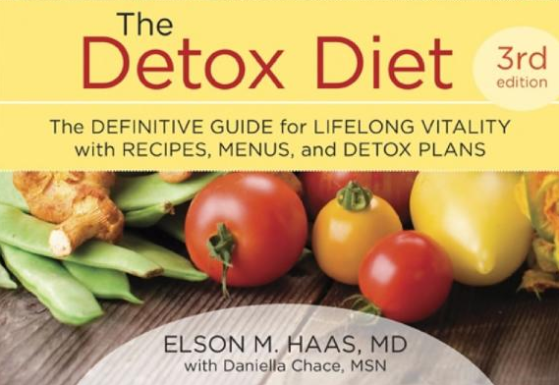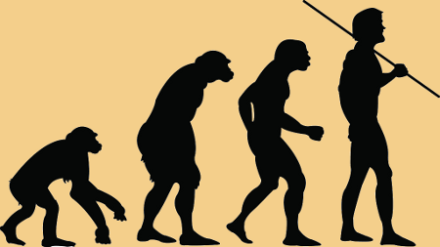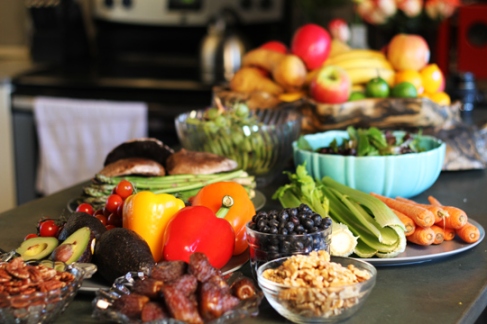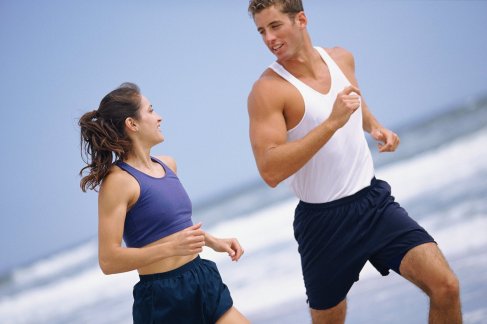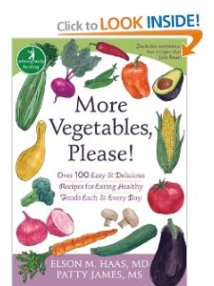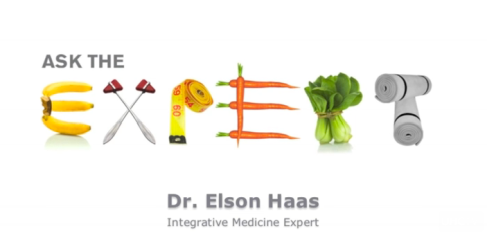
1. Even the most spontaneous getaway needs some basic planning and preparation. If you are visiting a new place, or even one not so new, a good travel guide will give you information on things like available transportation, and the hours and prices of attractions. It should also include important phone numbers and places to get help in an emergency. Or find a friend who knows the area for some tips. Learn about what interests you, like the best hikes or restaurants. And enjoy the adventure of experiencing your own discoveries.
2. Put together a travel kit. Include some water, antibacterial soap, electrolyte and nutritional support (protein bars, supplements, and powdered nutrients that you can add to water), sunscreen, and first aid supplies. Obviously, if you are traveling by car, you can take more goods, such as extra snack/emergency food and water. When traveling by air, you?ll need to make your supplies more compact, but I always have water, a mini-flashlight, a few snacks such as a couple of apples and raw almonds, some simple first aid supplies, a variety of supplements and herbal remedies, and more. Yet, don?t overdo it as you?re likely to have to carry it all around.
3. Take care of your personal needs and of course, those of your traveling companions as well. Match activities with your energy and fitness level. Listen to your body. Give yourself the extra time needed to truly rest and relax. Let yourself sleep more than you do at home. Most of us are sleep deprived. Give yourself sufficient space to acclimate to changes in weather, altitude, or language.
4. Drink plenty of water; hydration is a key. This is especially important if you are visiting a place that is hotter or drier than your usual environment. Don’t wait until you get thirsty to drink; you?re already dehydrated then (Review my June 2002 Tips for more on Water). Avoid beverages with added sugar, caffeine or alcohol, as these can contribute to dehydration. After exercise and sweating, drink a cup or two of water and add a pack of nutrients, such as Emergen-C (found in any health food store), or some replenishing electrolyte fluid.
5. Use sunscreen (natural is best) and remember to reapply after swimming or strenuous exercise. Invest in a natural sunscreen, one without many chemicals and that is more nourishing to the skin. If it?s really hot or you?ll be out very long, wear a hat. Also, in summertime, we can get quite dry, so applying some oils or lotions to our skin will nourish your cells and tissues and protect your skin.
6. Take appropriate safety precautions, especially when trying new activities. Things like elbow and kneepads, life vests, and other safety equipment can prevent accidents that truly can ruin your vacation enjoyment. Watch out for poison oak and ivy on hikes, check yourself and your kids for ticks after a hike, and have some protection against biting bugs or slithering snakes.
7. Avoid contaminated food or drinks, which are the major cause of stomach distress while traveling. This is especially true if you are traveling outside the US, but bad food and water can happen anywhere. To be safe, if it is not boiled, well cooked, or peeled, don’t eat it. If you do fall victim to traveler’s diarrhea, let your stomach rest and be sure to stay hydrated. Use probiotics (acidophilus and other healthy bacteria) both to prevent intestinal problems as well as to treat them. Some other GI protection can be gained by taking additional nutritional hydrochloric acid when you eat, which acidifies the digestive tract and reduces the ability for bad bugs to take hold. Digestive enzymes also help digest microbes to which we are exposed.
8. Know about your destination, at least the basics, before you get there. Don’t keep money in a shoulder bag or obvious wallet. Exercise caution when using automatic teller machines and other places where you will be seen with cash. Be aware of your surroundings, and have an evacuation plan in case of emergencies. Also, learn about the best Foods where you are. Enjoy Nature?s bounty wherever you travel (in the US and Europe)?fresh seasonal fruits and vegetables at their organic best. Many cities have a downtown farmer?s market; ask the locals where they would go for the best and freshest foods.
9. Nutritional Supplements can be helpful. All the anti-oxidant nutrients are helpful for the stress of travel?vitamins C and E, beta-carotene, and selenium are the main ones. Others are alpha-lipoic acid, pycnogenol, and L-cysteine. I use B-vitamins as tablets or sublingual drops as well for balancing travel stress. Also, it may be helpful to have some spirulina or blue-green algae tablets for energy support. Store your supplements out of the sun or in the cooler. Herbs like Siberian ginseng may also help you deal with the stress of travel. When traveling across time zones, melatonin taken at your new bedtime can help reset your biologic time clock. Even low doses can be effective, so easy does it. Nutrient packets with extra B-vitamins and minerals are also very helpful for travel and exercise replenishment. Put a pack in your water.
10. Inner Healing & De-Stressing ? Prepare for the enjoyment of outdoors. Plan a fun trip of hiking, camping, playing at the river, or a few days resting at the ocean. Rekindling your Earth connection has benefits that last beyond this season, continuing to enrich the whole of your life. Relax and breathe. Enjoy yourself. Practice letting your stresses go, leaving them at home or the office when you?re on vacation. Find a great book to read on your trip. Get out in Nature. Be aware of vacation burnout, so build some time into every day for rest and replenishment. This might entail letting yourself just sit for awhile watching the clouds, the surf, listening to music, or reading a good book. Try being a wave or becoming the sky. I love an affirmation used for relaxation when I lie down, especially in a meadow, “My mind is the sky, and the clouds are my thoughts; I just watch them float by.”


